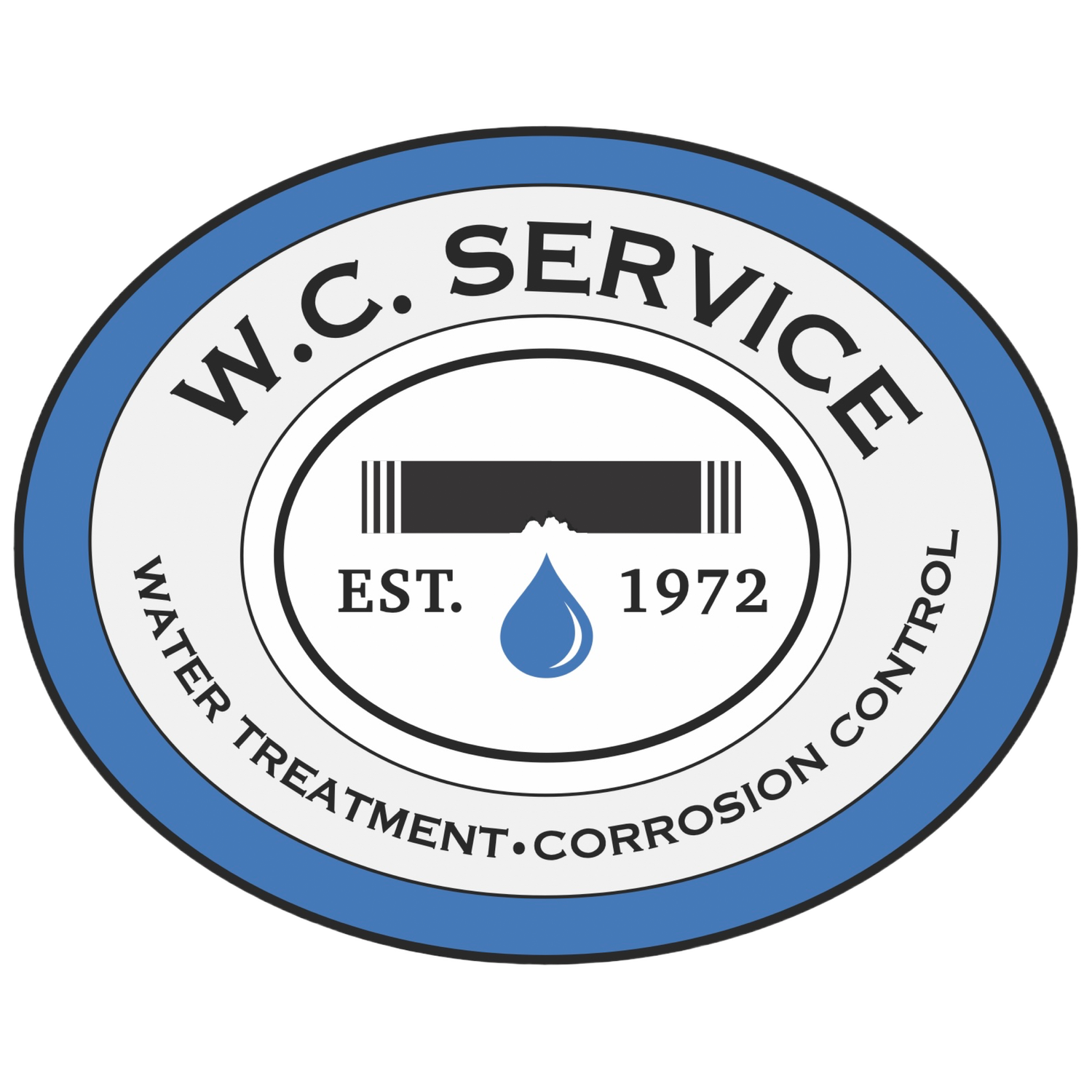How We Control Corrosion and Pinhole Leaks
We use state of the art customized equipment to fit your needs and protect your plumbing system.
How Our Solution Works
✔ Water Treatment establishes pipe coating
✔ Minimizes the need for plumbing repairs
✔ NSF approved for Potable Water
✔ Food-grade phosphate compound
✔ Decreases pinhole leaks
✔ Extends the life of the plumbing system
Before Treatment
After Treatment
Transform & Protect Pipes
Phosphate water treatment inhibitors are added to the water supply of a building and lay down a protective coating on the interior of the pipe wall. If maintained, the coating will remain firmly attached to the pipe wall. This helps to control corrosion and pinhole leaks throughout the entire plumbing network.
Expert Service
The water treatment equipment is serviced by our highly experienced and knowledgeable technicians. Water samples are either taken on-site or sent to our laboratory for analysis. The phosphate residual is tested to ensure the proper PPM is always maintained in the building water supply. Water testing is a one of the key elements of a successful water treatment program.
Custom Equipment Enclosures
The water treatment equipment is housed in locking enclosures and can only be accessed by our company's technicians. The enclosures can be built for both indoor and outdoor locations and are customized to fit the needs of your building’s plumbing system.
Phosphate Technology
-
Phosphates are Food and Drug Administration (FDA) approved and safely used everyday as an additive in many of your favorite foods and drinks. Phosphate is a derivative of phosphorus, a mineral required in the food supply for all plants, animals and humans. Phosphorus is necessary for building strong bones and teeth. It is also needed for healthy nerves and for efficient mental activity. Phosphorus is an essential nutrient. The recommended daily allowance (RDA) for adults is 800 mg. The RDA for children or women during pregnancy or lactation is 1,000 - 1,400 mg.
-
Phosphate Technology works by adding an NSF approved, food-grade phosphate blend to the potable water supply. A water analysis will determine the most effective phosphate blend to use. The phosphate will lay down a protective, micro-thin coating on the interior of the pipe wall. If a specific residual of phosphate is continuously maintained in the water supply, the coating remains firmly attached to the interior pipe wall. This protective coating will help control corrosion and pinhole leaks in the plumbing network.
-
Among many other benefits, the use of phosphate has proven to be an effective method for controlling corrosion and discolored water in every type of plumbing system including galvanized, copper, iron, cement, asbestos and plastic. Unhealthy levels of lead and copper in water can also be reduced in order to comply with the Lead and Copper Rule. The costs of a water treatment program are easily offset by the savings. A water treatment program allows a plumbing system to last longer and operate more efficiently.
-
Research indicates that people usually consume 1,000 -1,500 mg. of phosphate per day in their diet. W.C. Service Company, Inc. usually adds a minute level of 1 - 2 mg/l of phosphate to the potable water supply, increasing the average daily intake by a minute 0.1 - 0.2%
Health & Safety
-
The FDA, National Sanitation Foundation (NSF), and the Center for Science in the Public Interest list phosphates as completely safe.
-
Phosphorus is naturally found in whole grains, seeds, nuts, legumes, dairy products, egg yolks, fish, dried fruits and corn. The food industry commonly adds phosphates to soft drinks, pasteurized cheeses and prepared cereals. Phosphates are also added to ham, bacon, turkey products, cakes, muffins and donuts. Phosphates make up about 25% of the total ingredients in toothpaste.
-
Yes, approximately 50% of water utilities nationwide safely use phosphates to control internal pipe corrosion. Many water utilities have been safely using phosphates since the passage of the Environmental Protection Agency's (EPA) Lead and Copper Rule (1992) to reduce lead and copper levels in tap water.
Nationwide Service
© 2023 W.C. Service Company. All rights reserved.















